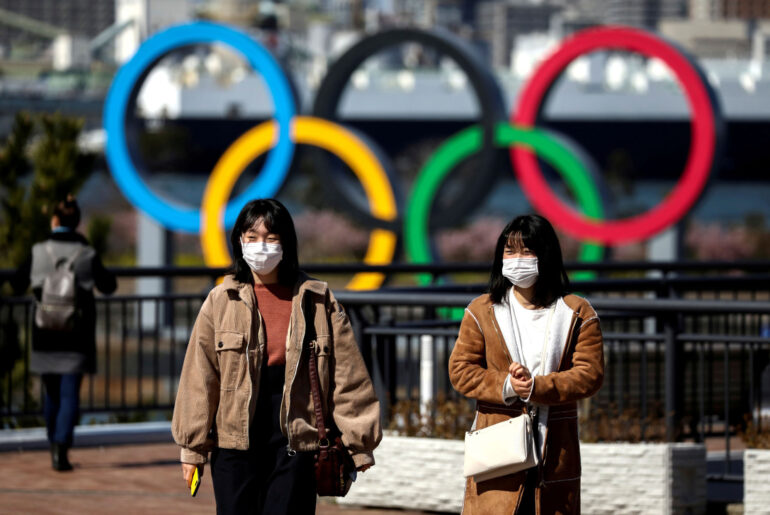The 2020 Tokyo Olympics was one of the most anticipated events of the year, with athletes and fans from around the world gearing up for the games. However, the COVID-19 pandemic had other plans, and the Olympics was impacted in ways no one could have imagined.
The pandemic first hit Japan in February 2020, and the country was quick to respond by implementing measures to contain the spread of the virus. However, as the virus continued to spread globally, it became clear that the Olympics could not go ahead as planned. In March 2020, the International Olympic Committee (IOC) announced that the Olympics would be postponed to 2021.
The postponement of the Olympics had a significant impact on athletes and employees. Athletes had to adjust their training schedules and plan for the uncertainty of the new dates. Many athletes also struggled with the mental health challenges of the pandemic, including isolation, anxiety, and depression. For employees, the postponement meant uncertainty about job security and financial stability.
The pandemic also had a significant financial impact on the Olympics. The IOC and the Tokyo Organizing Committee had to renegotiate contracts with sponsors, broadcasters, and suppliers. The cost of postponing the Olympics was estimated to be around $2 billion, with most of the expenses going towards venue rentals, security, and technology.
In addition to the financial impact, the pandemic also affected the planning and logistics of the Olympics. The organizing committee had to revise their plans to ensure the safety of athletes and employees. This included implementing health and safety measures such as regular COVID-19 testing, social distancing, and restricted access to venues
Despite the challenges, the Olympics went ahead in July 2021, albeit with a number of changes. Athletes were required to follow strict protocols, including daily COVID-19 testing and wearing masks when not competing. Venues were also empty, with no spectators allowed to attend due to safety concerns.
The impact of COVID-19 on the 2020 Tokyo Olympics has been significant, affecting athletes, employees, and organizers alike. However, the Olympics was able to adapt to the challenges posed by the pandemic and provide a platform for athletes to compete on the global stage. While the absence of fans was felt, the spirit of the Olympics remained intact, with athletes competing with determination and sportsmanship. The pandemic has taught us the importance of resilience and adaptability, and the 2020 Tokyo Olympics has demonstrated these qualities in abundance.



